Author: Ratnesh Mathur
-
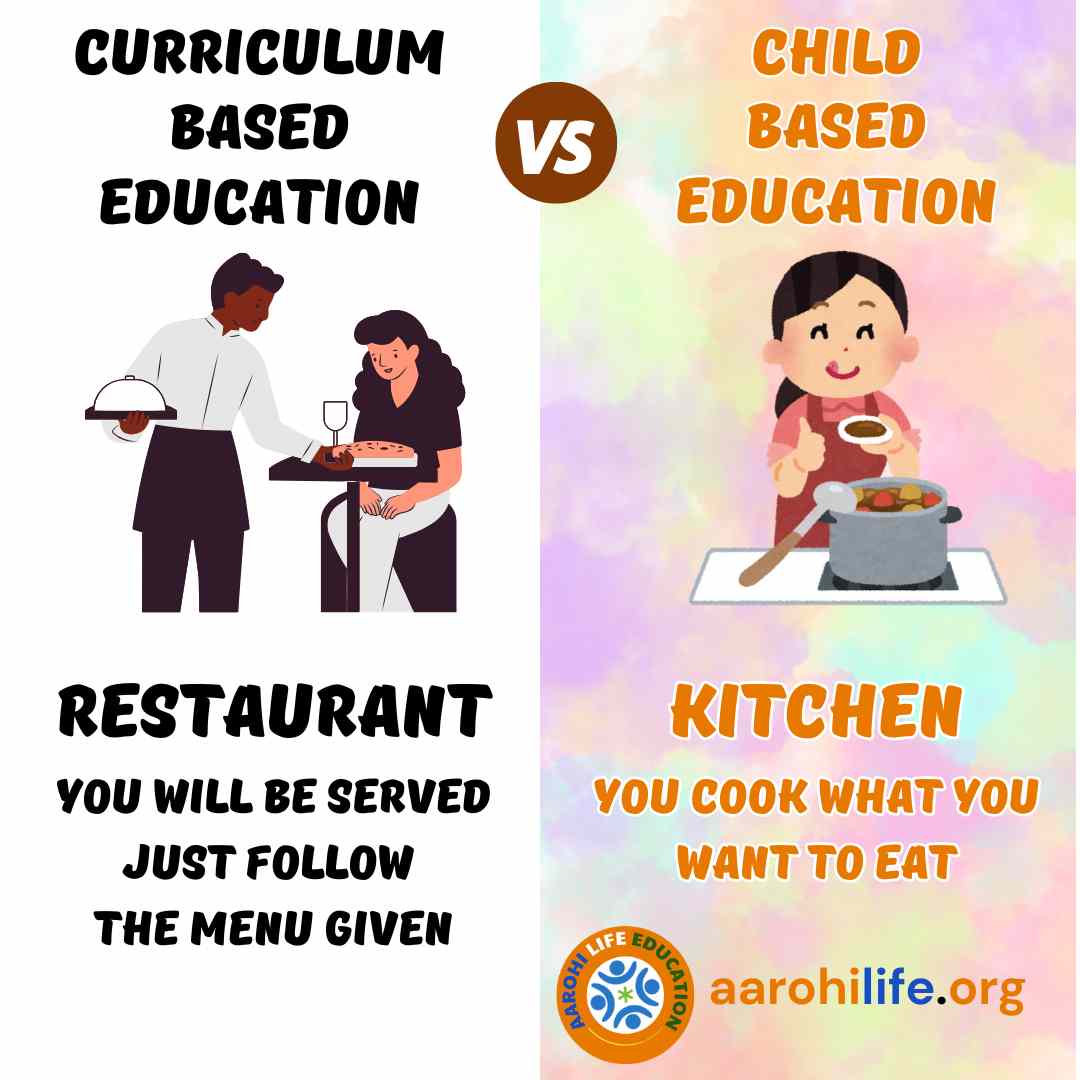
Curriculum based education v/s child based education
Most people say Here are key highlights of Child-based-Education as per our observations of children over the last 16 years at arohi
-
Workshop: How to do HomeSchooling UnSchooling & Open Learning
Consider this workshop as full of unique process you can adopt in your journey of how to do homeschooling unschooling openlearning.For example the importance of reflection as self assessment or how to use every problem as an opportunity to learn. In the 1st session we will lets behold our child as the responsible leader of…
-
10 Myths about child’s future that give parents anxiety
Here are 10 MYTHs – which we think are unnecessarily making parents anxious. Now we are sure you would not like to gift your child an anxious parent. 🫣 So lets discuss each of these deeply, so that we can rest some of our anxieties.Needless to say a more detailed discussion can happen in our…
-
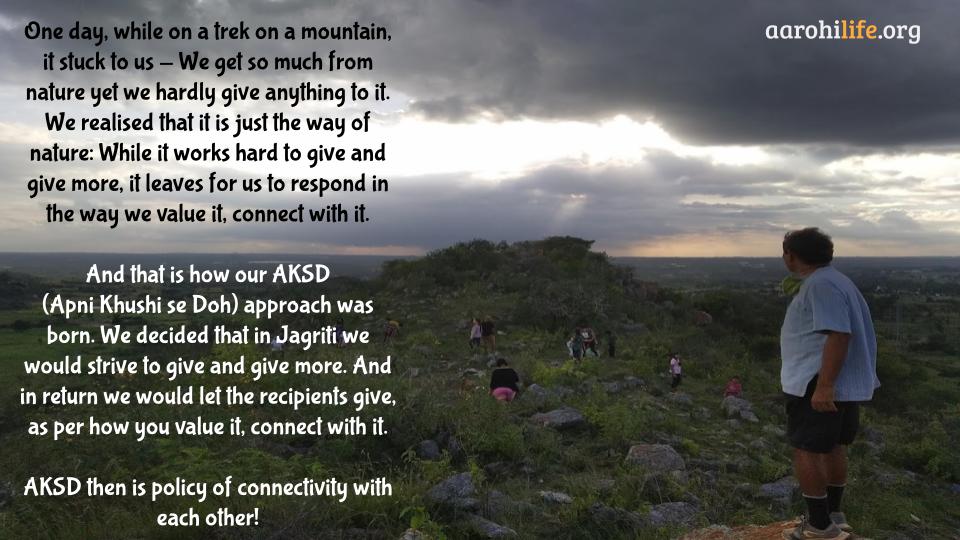
Jagriti AKSD
Jagriti works on contribution basis. The indicated contribution* for the Jagriti program is ₹15,000/- This includes 11 sessions, loads of reference materials and interactions, 1:1 sessions if you need after the program, and repeating Jagriti partly or fully in any future batch. Above is AKSD – Apni Khushi Se Doh (translation – Give as per your wish)…
-
I Decide Content
In open Learning, at Aarohi, Child decides what to do / learn (content) based on the multitude of exposures the child has. Here is what we offer – a world map – where the ‘world’ is defined by whatever one can learn in this world! We have divided all learning content into NINE categories. Pl note as with…
-
Aarohi compared with conventional education
Swipe left to see all the slides (5) Above comparison is not to say that one system is better than the other, rather to bring clarity in understanding of Aarohi and Open Learning
-
Aarohi compared to other systems
Aarohi Compared to Montessori, Waldorf, Progressive, HomeSchooling and traditional Education Systems. Aarohi has a unique education philosophy. Aarohi means evolving – hence is does not itself stick or subscribe to anyone kind of education system. The core is based on two thoughts Education is about child’s life and hence should be led by the child.…
-
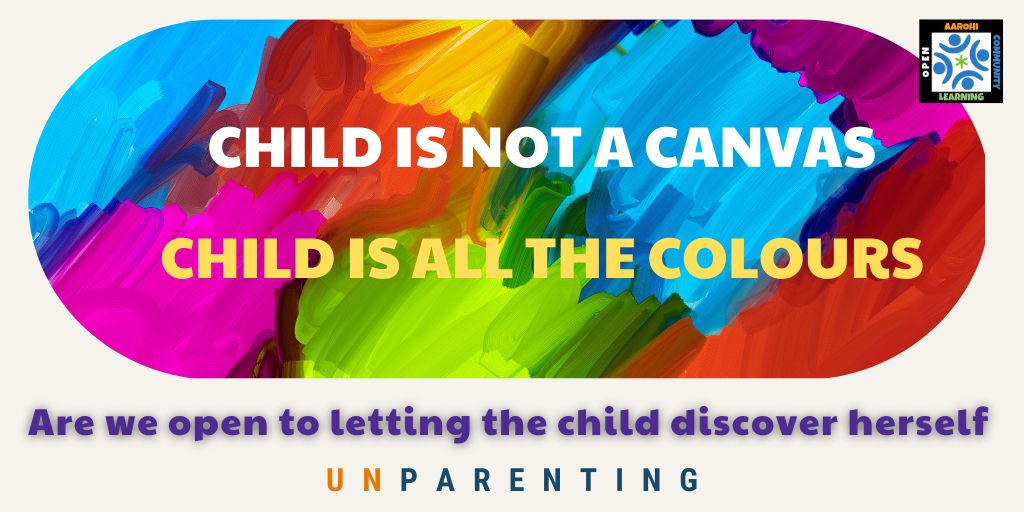
Parenting or Un-Parenting
Some parents asks us what does Un in UnParenting stand for?Un has two parts to it. Part 1 – Un stands for Understanding the child.In most cases we, parents and teachers, DO NOT understand the child!Surprised? Disagree!You see, we know an awful lot about the child, but we do not understand the child. This knowing…
-
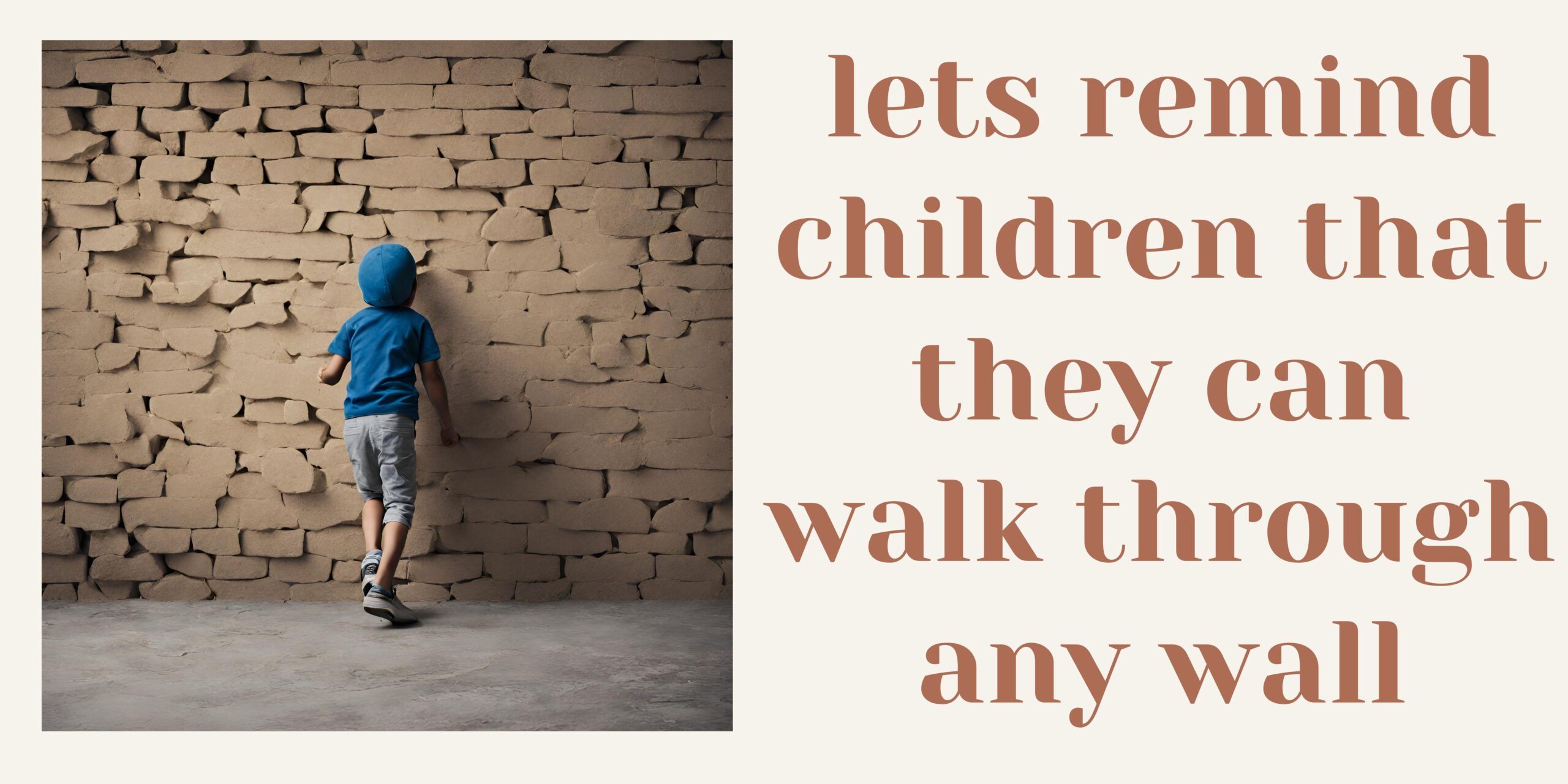
Children too can walk through walls
Today at Aarohi Campus, a 9 year old girl who was sitting outside our kitchen wall, asked me for water.I promptly told her that if she wants water she can walk east and she will soon reach Bay of Bengal and get lots of free water.She looked at the direction (east) where my finger was…
-
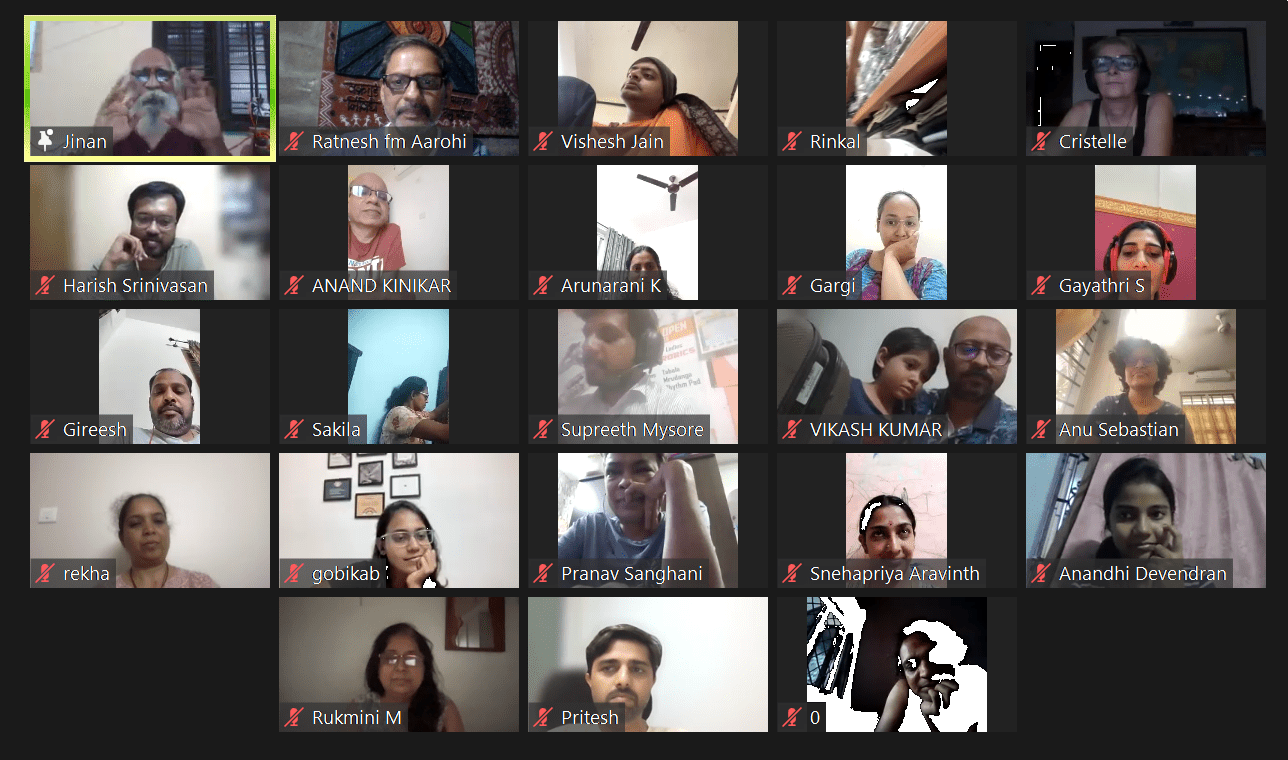
Meetup on open learning with Jinan K B
The discussion was a reinforcement on
-
UnParenting lessons from SURFing
We recently went to a place near Mangalore to learn surfing on waves – children and us few adults. Here are some interesting Unparenting reflections.
-
How do Children learn?
Everything that the child encounters and experiences are something to learn about and learn from. Every experience, every interaction, every event can lead to multitudes of learning in every area of a child’s development. We neither force nor intend learning.
-
UnLearning LANGUAGE
Language is something many thing starts with ABC. But, in reality, it starts from the day we are born or maybe before. It starts with LISTENING.In fact, it happens daily, as we engage in living fully.
-
How do we LIMIT our children
The truth is WE (parents and teachers) are the ones who limit our children – how and why – let us figure out and then get out of their way.
-
Child’s misbehaviour is just vomit
When a child vomits what do we focus on? When a child misbehaves what do we focus on? If we realize that misbehavior is just the vomit that we see, then we change our attention to the child, not the vomit.
-
How we learn – Just Like That
Yes, a lot of learning happens just like that! How to enrich the just like that learning?
-
I NO like Rewards or Punishments
Many of us use rewards or punishment to control children and their behavior. Sometimes we just use them because we think they are default or required. Its time to rethink!
-
Your Child is not Beautiful
Do you think your child is beautiful? Does your child thinks that he or she needs to be beautiful? Can this be an issue – lets explore.
-
Why do we want our child to be happy?
Let us explore two aspects of happiness, that somewhere we know, but still, we pass onto children the notion that will not really help them.
-
How do we learn
What are the learning stages and how does that lead us to learn or leave learning.
-
Why are we Scared of Fears in Children
Somehow we do not want our child to be fearful of anything. We want to imminently weed out every fear – but don’t we in the whole process build a fear of fear!
-
Why do Children Misbehave?
Actually children do not misbehave. They are trying their best. It just looks like misbehaviour to us. Armed with insight lets explore how we can work with children.
-
Why confidence is such a useless concept?
Many of us want our child to be confident. But what if the confidence itself was not important? Come lets change our paradigm.
-
Why communication skills are NOT important?
Is communication too overrated? What instead we can work on that will help the child’s development.
-
Myth called Child
We’re making an assertion, not because it is right or wrong, but simply because it leads to some important thoughts and implications. The assertion is that child – or more specifically childhood is a myth.
-
My Child is Shy
One of the most common issue that parents come to us is – my child is shy or my child lacks confidence.
-
Making children responsible for their feelings
Who is responsible for our feelings? What responsibility about feelings are children learning from us? How can we inculcate this understanding/sense of ownership?
-
Preparing child against sexual abuse (podcast)
As a parent or teacher, we tend to either shy away from this topic – hoping child will not be abused or we give direct gyan of what the child is supposed to do. But the reality is complex and definitely we cannot take chances – it is child’s right to be safe from abuse…
-
Looking at PRAISE differently
As a parent or teacher, we tend to praise the child to encourage the child or make him/her feel happy. This podcast questions praise and offers a new way of empowering the child.
-
Bad News is Good News
As a parent or teacher, when something goes wrong with children, we tend to get dismayed. almost wishing that nothing should go wrong. But a more empowering way is to embrace every bad news! Listen to how every bad news is actually good news.